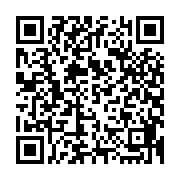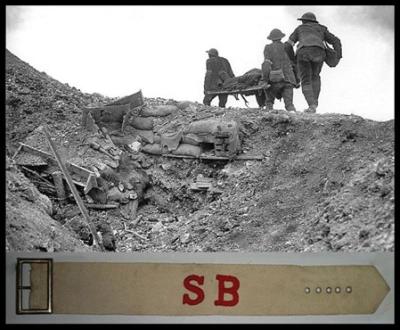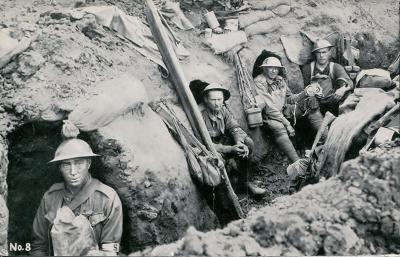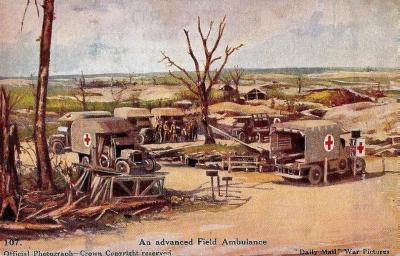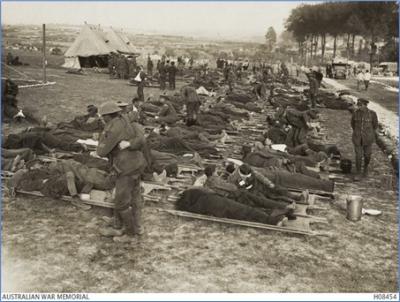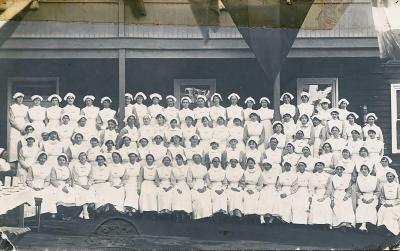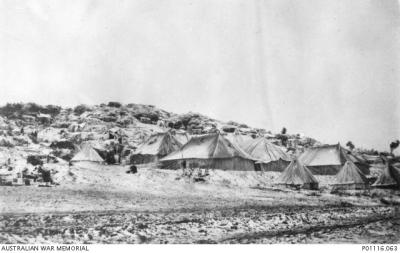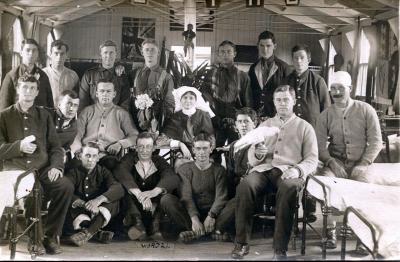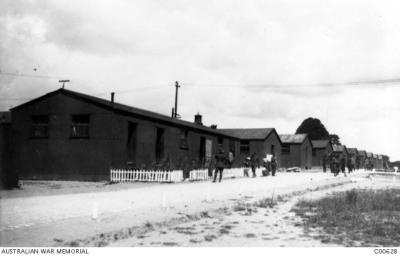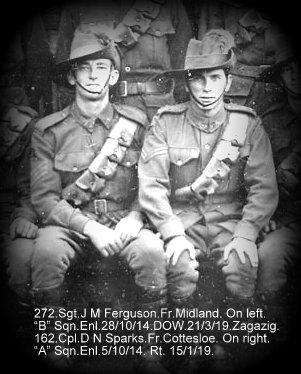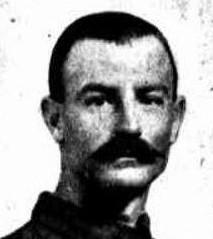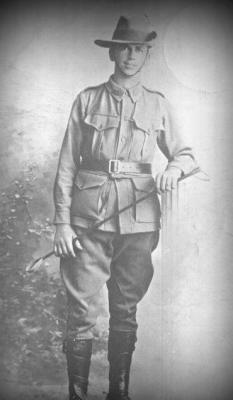Medical Evacuation Chain - World War 1 - Field Dressing / Shell Dressing
Each soldier carried a field dressing packet which contained two individual dressings, one to cover the entry wound and another the exit wound. Between the two bandages was a small cardboard tube containing a glass ampule of iodine. The field dressings contained gauze impregnated with 2 per cent. to 3 per cent. by weight of double cyanide of mercury and zinc. In July 1917, it was decided the iodine served no useful purpose, and caused blistering of the skin in many cases when used in conjunction with cyanide gauze. Issue of the iodine ampoule was then discontinued.
Details
Details
During World War I, the Australian Imperial Force (AIF) suffered 58,339 deaths and 151,948 wounded. To help deal with so many injured and sick soldiers, the Australian Army Medical Corps was expanded. Australian soldiers served. They also worked in Australian hospitals for returned soldiers. Separate entries cover the Regimental Aid Post, the Field Ambulance, Casualty Clearing Stations, Base Hospitals (General, Stationary and Auxiliary), Command Depots and Convalescent Depots, Ambulance Trains, Ambulance Barges, Hospital Ships.
The medical evacuation chain and medical services are presented in a separate section of the World War 1 Galleries. Artefacts relating to medical services, the treatment of wounds, casualty recovery are also found throughout the Galleries. Individual stories of doctors, nurses, stretcher bearers are also found throughout the Museum. The Prisoner of War Gallery highlights the degree of medical improvisation and professional skills that saved many lives on the Thai Burma Railroad.
Australian Army Museum of Western Australia
Australian Army Museum of Western Australia
Other items from Australian Army Museum of Western Australia
- Medical Evacuation Chain - World War 1 - Stretcher Bearers
- Medical Evacuation Chain - World War 1 - Regimental Aid Post
- Medical Evacuation Chain - World War 1 - Field Ambulance
- Medical Evacuation Chain - World War 1 - Casualty Clearing Station
- Medical Evacuation Chain - World War 1 - General Hospital
- Medical Evacuation Chain - World War 1 - Stationary Hospital
- Medical Evacuation Chain - World War 1 - Auxilliary Hospital
- Medical Evacuation Chain - World War 1 - Command Depots
- World War 1, Australia, Western Australia, 272 FERGUSON, 10 Light Horse
- World War 1, Australia, Western Australia, 275 GILBERT, 10 Light Horse
- World War 1, Australia, Western Australia, 276 GREEDY, 10 Light Horse
- World War 1, Australia, Western Australia, 277 GORRINGE, 10 Light Horse
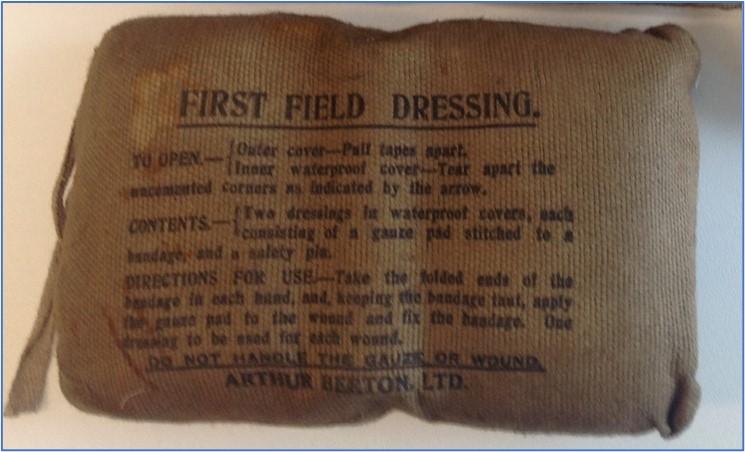
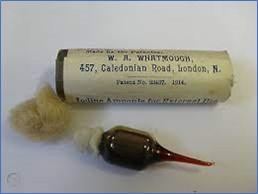
Scan this QR code to open this page on your phone ->
